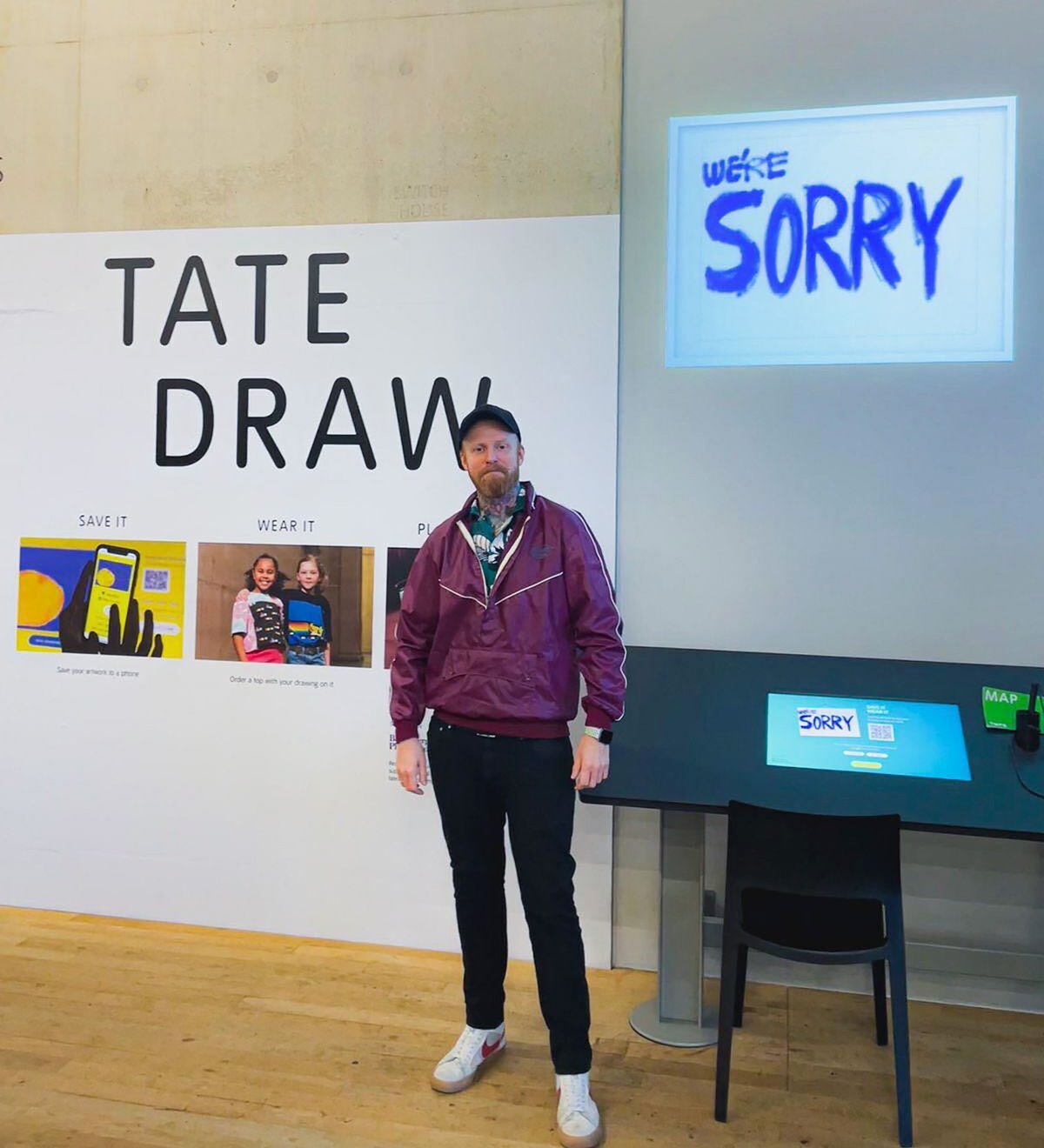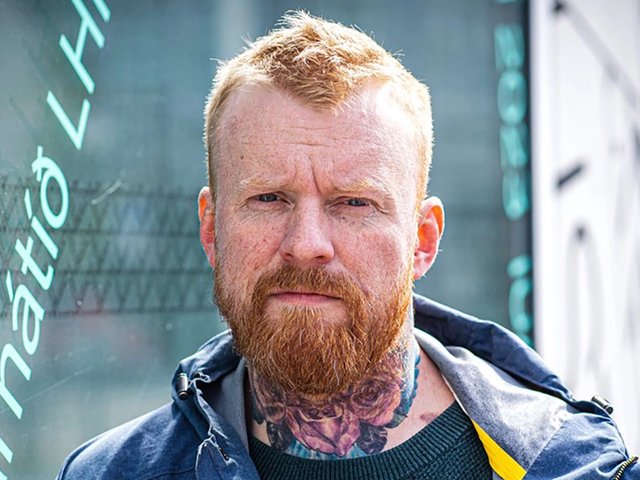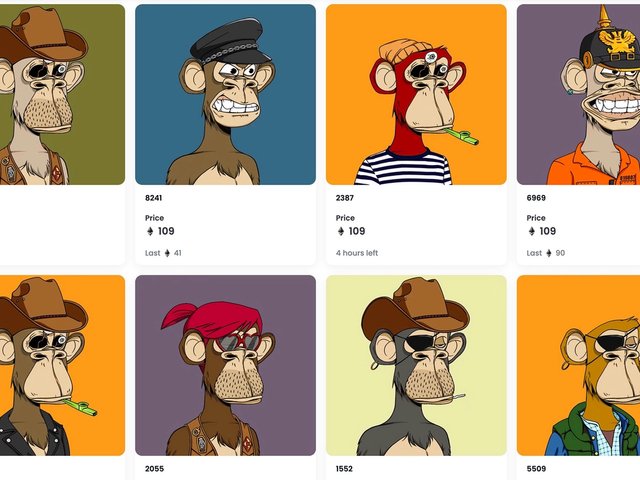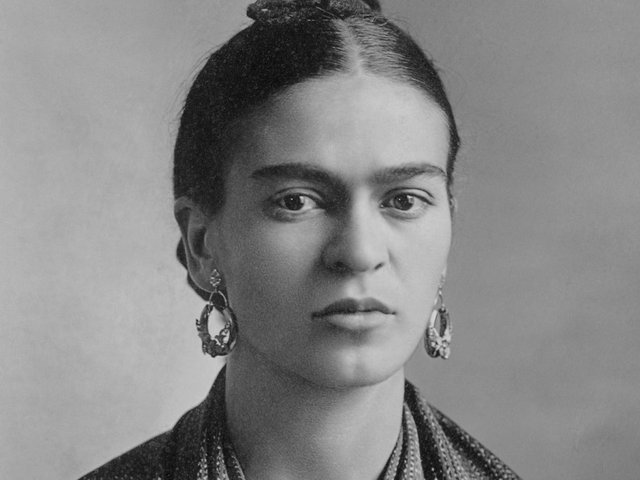The artist who created a series of works, including a fake company website, to highlight alleged corruption by one of the world’s biggest fishing conglomerates, has rejected what he terms an offer to “shut up and go away” and intends to appeal to a higher court to recognise the value of art as a social critique.
The Icelandic fishing behemoth Samherji offered the artist Odee (full name Oddur Eysteinn Friðriksson) the chance to pay a nominal fee of £1 while handing over control of the website and undertaking not to re-create any similar work in the future. But Odee tells The Art Newspaper he refused the terms of the deal, which would have “silenced" him and left him unable to put the spotlight on the so-called Fishrot scandal, which has so far led to the arrests of several members of the former Namibian government. A trial had been scheduled to start this year in Namibia.
Fishrot became notorious when it emerged that, having allegedly paid several million pounds to senior officials and members of the Namibian government at the time, Samherji had reaped huge profits at the expense of local African fishers who lost the ability to support themselves. Odee’s project about the scandal We're Sorry, including a website purporting to carry an apology by Samherji, was shown at a gallery in Reykjavik.
At a hearing in London on Tuesday (17 December) the barrister Jonathan Crystal, who recently joined the legal team working with Odee, told the presiding judge Master Teverson—who ruled in November that the artist had infringed the intellectual property of Samherji: “We submit you were led down a path you should not have gone.”
Crystal continued: "Freedom of speech is a cornerstone of the arts, allowing artists to bring attention to matters of public concern. The real victims in this case are threefold: first, the people of Namibia who’ve been exposed to the claimant’s business practices. The second victims are the creative artists who wish to pursue their rights to express their art forms—and the third victim is my client.”
He suggested that the judge had taken the rights of the company to “trump" those of the victims of the Fishrot scandal and the artist who sought to highlight the scandal with his work.
Samherji scrambled to respond earlier this year after a trove of text messages and emails was made public, which appeared to show that bosses at the company had instructed their Namibia-based managing director—who turned whistle blower—to offer bribes.
Jonathan Hill, representing Samherji, told the court that his client had never sought to deny Odee’s right to freedom of expression. He said Samherji had made a series of reasonable offers to Odee, which had been rebuffed and that because of this, his client would therefore seek costs in the region of £206,000.
Crystal, who called the costs “unbelievable” and questioned why Samherji would employ ten senior lawyers to work on a case against a “student artist”, said the company’s attitude showed that this is a Slapp (Strategic Lawsuit Against Public Participation) case—a suit whereby a party attempts to shut down and silence criticism.
“This is about might versus right,” Crystal told the court, adding that Samherji “has sought to shut down public participation in its entirety in a corruption scandal which had devastating effects on people in Namibia. If the claim is upheld that means corporations or individuals can silence artists.”
The judge has awarded partial costs to Samherji but paused payment pending the results of an appeal to a different court, which the artist is expected to make in the new year. Outside the court, Odee told The Art Newspaper: “It is incredibly important that this issue is subject to further scrutiny."
Spokespersons for Samherji UK subsidiary did not respond to The Art Newspaper’s request for comment.





